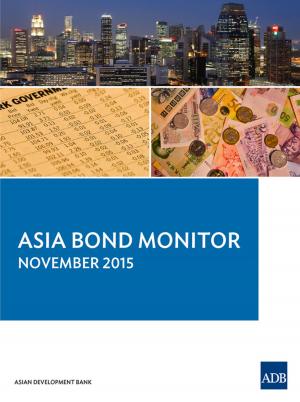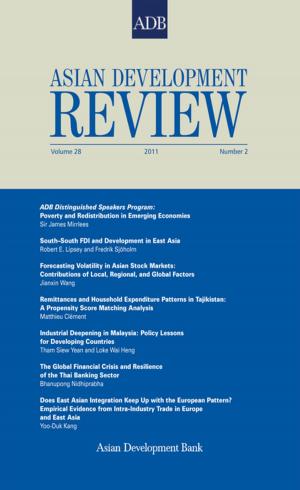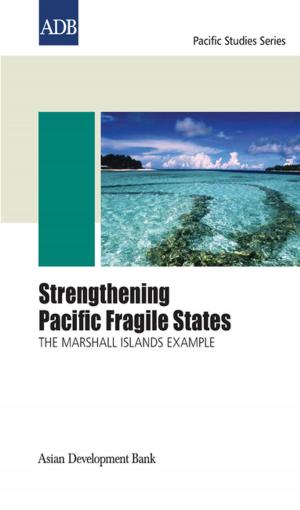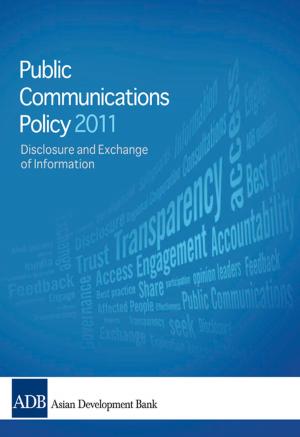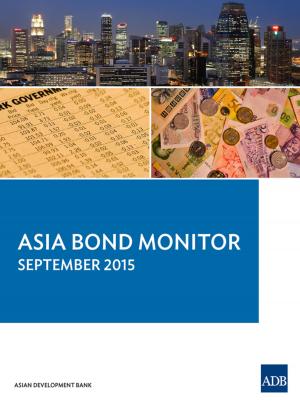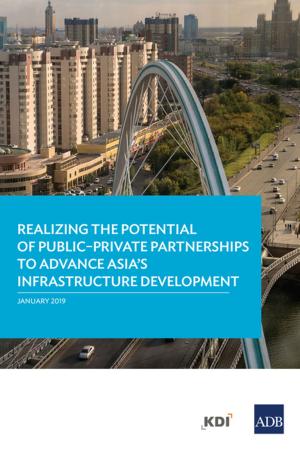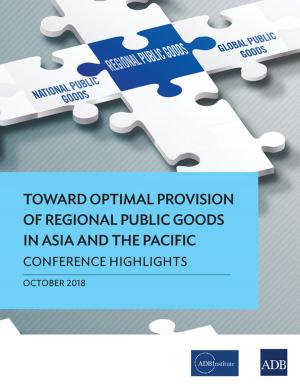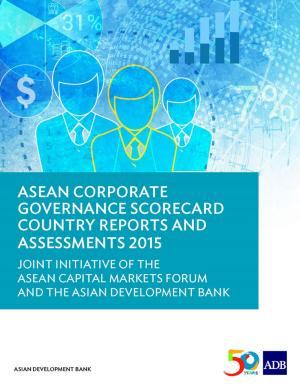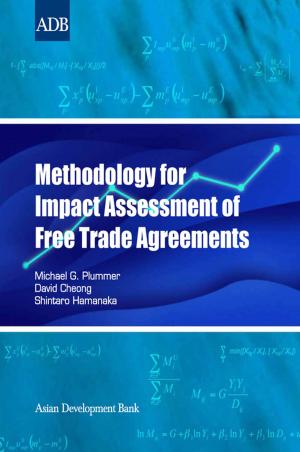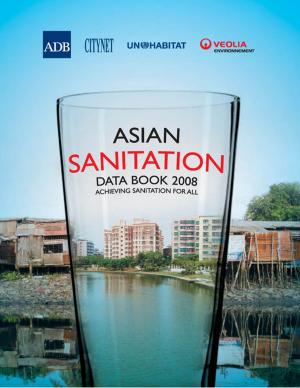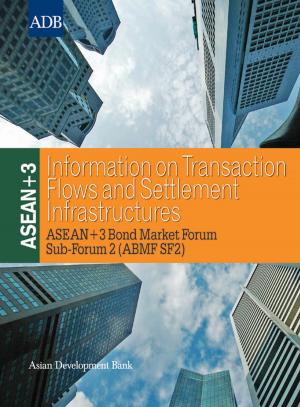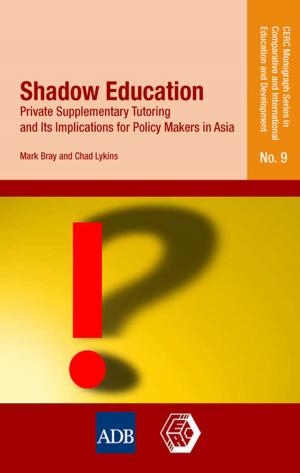The Economics of Climate Change in Southeast Asia
A Regional Review
Business & Finance, Economics, Sustainable Development, Nonfiction, Science & Nature, Science, Earth Sciences| Author: | Asian Development Bank | ISBN: | 9789292547066 |
| Publisher: | Asian Development Bank | Publication: | April 1, 2009 |
| Imprint: | Asian Development Bank | Language: | English |
| Author: | Asian Development Bank |
| ISBN: | 9789292547066 |
| Publisher: | Asian Development Bank |
| Publication: | April 1, 2009 |
| Imprint: | Asian Development Bank |
| Language: | English |
This publication reviews the economics of climate change in Southeast Asia, with a particular focus on Indonesia, Philippines, Singapore, Thailand, and Viet Nam. It confirms that the region is highly vulnerable to climate change, demonstrates that a wide range of adaptation measures are already being applied, and that it has great potential to contribute to the reduction of greenhouse gas emissions globally. It shows that the cost to the region and globally of taking no early action against climate change far outweighs the cost of action. The publication urges Southeast Asia to play an important part in working toward a global solution to climate change, and to apply all feasible and economically viable adaptation and mitigation measures as key elements of poverty reduction and sustainable development strategies. It also argues that the current global economic crisis offers Southeast Asia an opportunity to start a transition towards a climate-resilient and low-carbon economy by introducing green stimulus programs that can simultaneously shore up economies, create jobs, reduce poverty, lower carbon emissions, and prepare for the worst effects of climate change.
This publication reviews the economics of climate change in Southeast Asia, with a particular focus on Indonesia, Philippines, Singapore, Thailand, and Viet Nam. It confirms that the region is highly vulnerable to climate change, demonstrates that a wide range of adaptation measures are already being applied, and that it has great potential to contribute to the reduction of greenhouse gas emissions globally. It shows that the cost to the region and globally of taking no early action against climate change far outweighs the cost of action. The publication urges Southeast Asia to play an important part in working toward a global solution to climate change, and to apply all feasible and economically viable adaptation and mitigation measures as key elements of poverty reduction and sustainable development strategies. It also argues that the current global economic crisis offers Southeast Asia an opportunity to start a transition towards a climate-resilient and low-carbon economy by introducing green stimulus programs that can simultaneously shore up economies, create jobs, reduce poverty, lower carbon emissions, and prepare for the worst effects of climate change.

